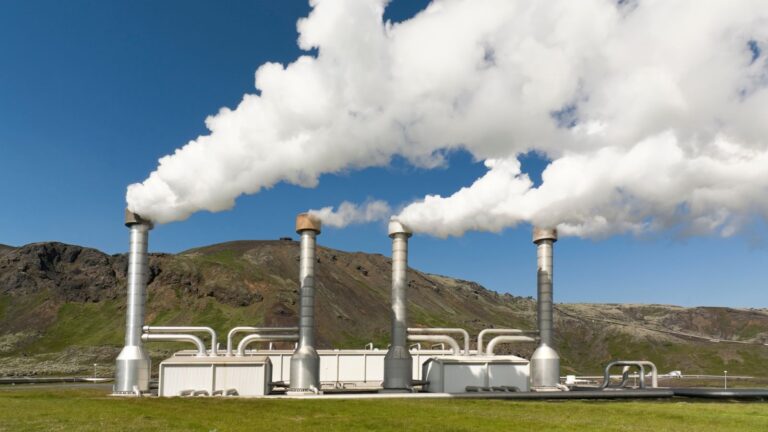Kuwait looks to the cloud as power grid feels the strain
Kuwait has invited bids to construct three power substations that will supply electricity to Google Cloud data storage centres
Current Access Level “I” – ID Only: CUID holders, alumni, and approved guests only
Explore independent and nonpartisan research that meets the high standards of academic integrity at Columbia University.
Models can predict catastrophic or modest damages from climate change, but not which of these futures is coming.

In discussing the dramatic seizure of Venezuelan President Nicolás Maduro and his wife, Cilia Flores, over the weekend, President Donald Trump declared that the United States would now “take back” the country’s oil. Yet he has offered little clarity on what exactly this means.

The country could see a relatively rapid recovery of some oil production, depending on the leadership that emerges.

On November 6, 2025, in the lead-up to the annual UN Conference of the Parties (COP30), the Center on Global Energy Policy (CGEP) at Columbia University SIPA convened a roundtable on project-based carbon credit markets (PCCMs) in São Paulo, Brazil—a country that both hosted this year’s COP and is well-positioned to shape the next phase of global carbon markets by leveraging its experience in nature-based solutions.

The fashion industry sits at the intersection of climate, energy, and consumption, facing growing pressure to cut emissions, transition to clean energy, and build circular systems across global supply chains.

Carbon credits are emerging as a key tool for companies to meet a number of objectives, including emission-reduction targets, compliance obligations, investor expectations, and disclosure requirements.

In the fall of 2024, the Center on Global Energy Policy (CGEP) at Columbia University SIPA launched the International Dialogue on Climate and Trade to afford governments and stakeholders opportunities to seek common ground on ways of more effectively and equitably managing issues at the intersection of climate and trade.

On July 22, 2025, CGEP hosted a virtual roundtable under the Chatham House Rule on the World Bank's June 2025 announcement that it would reverse a long-standing, informal policy of excluding nuclear projects from its lending portfolio.



On March 31, 2025, the Center on Global Energy Policy (CGEP) at Columbia University SIPA hosted a private virtual roundtable under the Chatham House rule to discuss the advantages and disadvantages of the United States pursuing disposal of defense high-level nuclear waste (HLW) and spent nuclear fuel (SNF) before commercial SNF.

The Rockefeller Foundation and the Center on Global Energy Policy at Columbia University SIPA jointly organized a workshop from December 3rd to 6th, 2024, in Bellagio, Italy, on how to finance responsible critical mineral supply chains.



The below working papers and supporting analysis were developed in response to an article published in Nature Climate Change by SIPA Professor Doug Almond along with Xinming Du and Anna Papp, “Favorability towards natural gas relates to funding source of university energy centers.”
